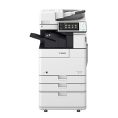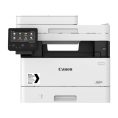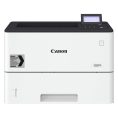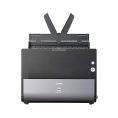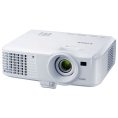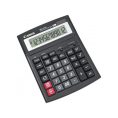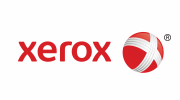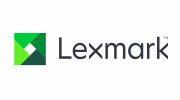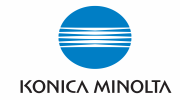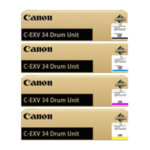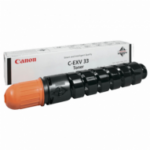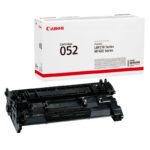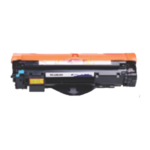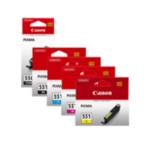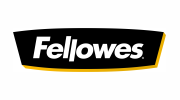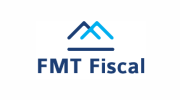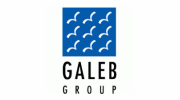Content
Stock exchanges like Nasdaq, Nyse and CBOE distribute a variety of market data feeds and it can be dificult to determine which type of data is best for you. There’s also a mountain of paperwork, exchange fees to pay, and complicated access methods. The process of price discovery entails setting https://www.xcritical.com/ an acceptable security price according to the supply and demand levels, risk tolerance and overall economic well-being.
Dark Pool Trading Strategies and Advantages
- This variability is driven by the pattern of informed and uninformed traders selecting where they trade, but only when market conditions are normal.
- Generally, dark pools are not available to the public, but in some cases, they may be accessed indirectly by retail investors and traders via retail brokers.
- By adhering to these regulations, exchanges foster investor confidence and maintain the integrity of the marketplace.
- Therefore, dark pool traders enjoy high liquidity in these types of dark pools when they trade tens or hundreds of thousands of assets and dollars.
- Actually, most exchanges are regulated except some of those offering crypto assets.
Moreover, corporations are more likely to find a buyer/seller to trade with them in private pools rather than secondary markets. These activities caused major shifts in the what are dark pool trades open market, swinging the underlying securities price severely. Moreover, the increasing use of HFT technology made it difficult to execute orders timely because of the lack of the changing liquidity levels these activities caused. However, dark pool exchanges are totally legal and are regulated by the US Security and Exchange Commission (SEC), which administrates the market and ensures that participants act in good faith.
What are the benefits of Dark Pool Trading?
Uninformed traders are those who have no prior information of the value of the instrument that they are trading, unlike informed traders who do have this information. Australian and Canadian regulators have also introduced measures to reduce the volume of transactions executed in dark venues. These efforts suggest that regulators and policy-makers around the world have a dim view of dark pools. The recent HFT controversy has drawn significant regulatory attention to dark pools.
How do investors earn money in Dark Pool Trading?
It compares to trying to execute a huge trade on one exchange, where the price will have certainly decreased by the time the order is completely filled. Any information posted by employees of IBKR or an affiliated company is based upon information that is believed to be reliable. However, neither IBKR nor its affiliates warrant its completeness, accuracy or adequacy. IBKR does not make any representations or warranties concerning the past or future performance of any financial instrument. By posting material on IBKR Campus, IBKR is not representing that any particular financial instrument or trading strategy is appropriate for you.
CFA Institute members have raised concerns that the incentive to display orders in public markets is being undermined by certain off-exchange trading practices. In turn, these concerns have implications for public price discovery, liquidity, and the quality and integrity of markets. HFT-powered programs use algorithms-based models to execute trades multiple trades almost instantaneously.
ECNs are computerized trading systems that match buyers and sellers anonymously. A dark pool is a private financial forum or exchange mostly used by institutional investors for trading financial instruments like securities and derivatives. Dark pools, also known as black pools, are not accessible by the public and do not display their trades, unlike the public stock market. As discussed, dark pools are sometimes referred to as “dark pools of liquidity,” and are a type of alternative trading system used by large institutional investors to which the investing public does not have access.
Non-exchange trading in the U.S. has surged in recent years, accounting for an estimated 40% of all U.S. stock trades in spring 2017, compared with an estimated 16% in 2010. Dark pools have been at the forefront of this trend towards off-exchange trading, accounting for 15% of U.S. volume as of 2014. These pools can be held by popular exchanges like NYSE, broker-dealer operators, or independent electronic market makers. Significant market players utilise dark pool trading to execute orders without revealing their movements to competitors to minimise the rippling effect on public markets.
The informed traders’ migration to the dark pool would result in uninformed traders leaving the erstwhile safety of the dark pool for the lit exchange. This would, in turn, lead to an overall loss of trading activity in dark pools and a net gain by lit exchanges. When informed traders trade with their information, they help the market to discover the ‘fair’ price for the asset they trade. Thus, in the context of dark trading, the two classes of traders self-selecting where they trade based on their needs has implications for overall price discovery in the whole market, comprising the lit exchange and the dark pool.
The risk of loss in online trading of stocks, options, futures, forex, foreign equities, and fixed income can be substantial. Before trading, clients must read the relevant risk disclosure statements on IBKR’s Warnings and Disclosures page. Intrinio also offers some of the best support in the financial data industry.
The rule entails that listed stocks can be traded off the exchange using over-the-counter platforms. Institutional investors, such as hedge funds and pension funds, often trade large volumes of securities. These trades can significantly impact market prices, potentially reducing the profitability of their transactions. Dark pools provide a venue for these investors to execute large trades without exposing their orders to the broader market, mitigating potential market impact.
All kinds of marketplaces, be it an exchange or a dark pool, equip some kind of order matching solution (also called matching engine) to meet the sole objective of efficient exchange of assets between their clients. The same risk exists when buying large blocks of a given security on a public market, as the purchase itself can attract attention and drive up the price. Understanding these types is crucial for navigating the complex world of dark pool trading. Unlike broker-dealer-owned pools, they don’t calculate prices based on the NBBO. The Securities and Exchange Commission (SEC) and the Financial Industry Regulatory Authority (FINRA) have implemented regulations.
The OTC market has no central location, all the trading is done electronically through the telephone, email, and other computerized systems. OTC markets are for securities not listed on a stock exchange and therefore have less transparency than exchange markets. In an OTC market, trading is done directly between two parties, without others being made aware of the transaction price — agreements on bid and offer prices are not communicated throughout the market. The number of trades excluded rises in a similar pattern across both exchanges as MEQ increases, however there is a steeper decline in the notional value captured on Chi-X as compared to ASX. My gut feel is that this is due to a higher portion of passive dark trading on Chi-X being a result of institutional broker algos and market makers, which have a lower average trade size.
Dark pools are only available to large corporations like Morgan Stanley and Barclays Bank, who trade significant assets worth millions of dollars.

